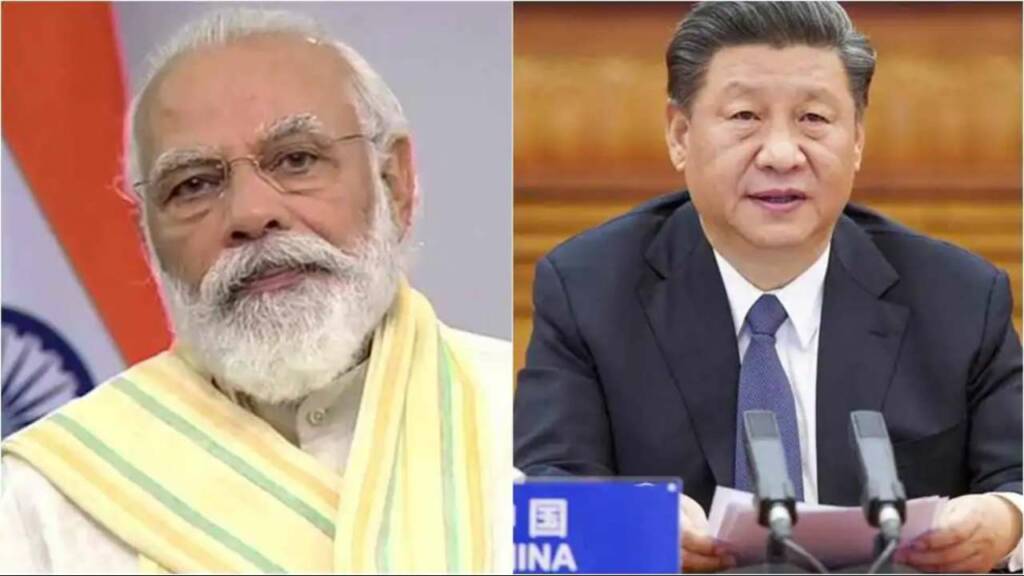China, under Xi Jinping, has for the longest time of the last decade tried to gain control of the Indian Ocean Region, be it by means of Debt Diplomacy, String of Pearls, or the latest Belt & Road initiative. However, with India at the forefront of defusing any plans, China has realised it cannot match India’s presence in the Indian Ocean and as such decided to shift its focus to the Atlantic Ocean, bringing the game to the neighbourhood of the USA.
The top US general for Africa has warned that a rising threat from China can come not only from the Pacific but also from the Atlantic. In an interview with The Associated Press, US Gen. Stephen Townsend said that Beijing is looking to develop a large navy port capable of hosting submarines or aircraft carriers on Africa’s western coast. According to Townsend, China has approached countries ranging from Mauritania to the south of Namibia with the aim of building a naval base. If realised, China’s expanding Navy will be able to base warships in both the Atlantic and Pacific oceans.
Richard Nixon has often been blamed for bringing China out of the Mao-era rotten hole and giving it a new lease of life. Many even say that it was Nixon and Kissinger who opened up China as a possible competitor of the US, thus enabling a country which could have become the enemy of the United States. However, a few decades later, it was due to the policies and preferences of Obama, that, what Nixon had started became a reality and the Chinese were knocking on the doors of the US. All the while, Joe Biden was the Vice-President back then, which means he was the equal contributor to Obama’s disastrous foreign policy vis-a-vis for China.
“They’re looking for a place where they can rearm and repair warships. That becomes militarily useful in conflict,” said Townsend, who heads U.S. Africa Command. “They’re a long way toward establishing that in Djibouti. Now they’re casting their gaze to the Atlantic coast and wanting to get such a base there.”
Townsend’s warnings come as the Pentagon shifts its focus from the counterterrorism wars of the last two decades to the Indo-Pacific region and threats from great power adversaries like China and Russia. The Biden administration views China’s rapidly expanding economic influence and military might as America’s primary long-term security challenge.
U.S. military commanders around the globe, including several who may lose troops and resources to bolster growth in the Pacific, caution that China’s growing assertiveness is not simply happening in Asia. And they argue that Beijing is aggressively asserting economic influence over countries in Africa, South America and the Middle East, and is pursuing bases and footholds there.
“The Chinese are outmanoeuvring the U.S. in select countries in Africa,” said Townsend. “Port projects, economic endeavours, infrastructure and their agreements and contracts will lead to greater access in the future. They are hedging their bets and making big bets on Africa.” Henry Tugendhat, a senior policy analyst with the United States Institute of Peace, said China has a lot of economic interests on Africa’s west coast, including fishing and oil. China also has helped finance and build a large commercial port in Cameroon. He said that any effort by Beijing to get a naval port on the Atlantic coast would be an expansion of China’s military presence. But the desire for ocean access, he said, may be primarily for economic gain, rather than military capabilities.
Beijing has realised it can do nothing in the Indian Ocean as the whole world countries have moved their eyes towards the Atlantic Ocean and their confidence has become all the more bolstered by the fact that the Biden administration is not resolute enough to counter the activities by the Chinese Communist Party.
